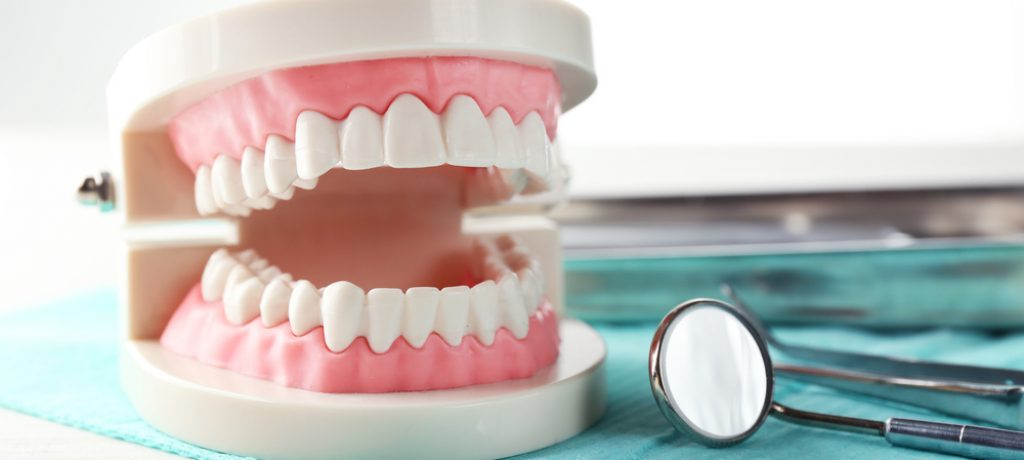Resource Library
Start Reading

Are you aware that you may be increasing your risk of cavities without even knowing it? Perhaps you think it’s too late and your mouth is so decayed, you may as well just give up. Let our U Penn Dental Practice give you 5 practical ways you can prevent cavities from forming or worsening.
Cavities, also known as tooth decay or caries, are damaged areas in the hard surface of the tooth which develop tiny openings or holes. This is commonly caused by a combination of bacteria, sugars, frequent snacking and not thoroughly brushing your teeth.
There are several distinct signs that help you recognize that you may have a cavity. More commonly, people tend to “feel” a cavity before they “see” a cavity. Some symptoms may include, but are not limited to:
The bacteria that forms in your mouth from sugars and foods is appears as plaque. Plaque, when not cleaned by brushing your teeth, begins to attack the surfaces of your teeth causing the acids to penetrate through that surface which is also known as enamel.
Once the bacteria/plaque reaches beyond your enamel it reaches it’s way into what is called the dentin, and eventually the pulp where the nerve of your tooth resides. The dentists at our U Penn Dental Practice will help you recognize these signs as well, so you’re not alone in this.
For more information on how our U Penn Dental Practice can help prevent and treat cavities, make an appointment at one of our 2 convenient locations.